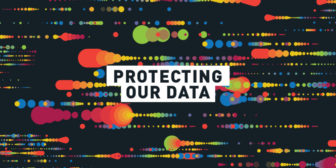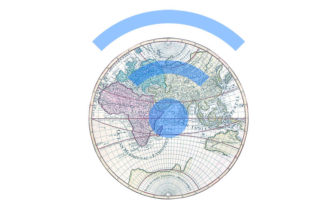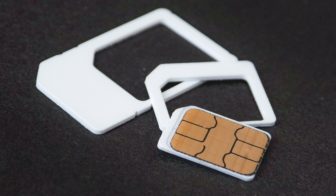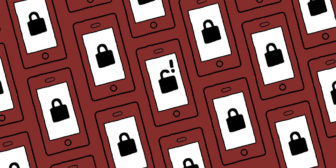Tag: Data privacy

Submission to eSafety Commissioner, Australia on the draft Online Safety Industry Standards
Access Now recommends eSafety Office against mandating online communication services, as well as file storage and cloud services, to proactively detect content on their platforms.

These safety standards lack safeguards: Australia must protect encryption
Through an open letter, over 600 signatories are urging the eSafety Commissioner to introduce safeguards fo encrypted services in the Online Safety Codes.

Submission on Bangladesh’s draft Data Protection Act, 2023
Access Now and Tech Global Institute’s submission on Bangladesh’s latest draft of the Data Protection Act, 2023.

G-7 privacy regulators aim to ease turbulent international data flows

Access Now’s statement on Myanmar during the UN Special Rapporteur on the situation of human rights in Myanmar’s Oral Progress Report

Empty promises? Declaration for Future of the Internet is nice on paper
The Declaration for the Future of the Internet makes a lot of big promises — Will States follow through on their commitments?

Access Now’s statement on Myanmar at the U.N. Human Rights Council
Myanmar’s military is engaged in a digital coup, and the international community must act. We spoke at the United Nations on Myanmar during the 49th session of the Human Rights Council to offer our recommendations.

Veto the SIM Card Registration Bill, Protect Fundamental Human Rights
Civil society calls on Philippine president Duterte to veto the mandatory sim card registration bill.

The whole world’s watching: resist Myanmar’s digital coup
Civil society is calling on the international community to stand with the people of Myanmar and resist the coup — both physical and digital.

Apple taking pause after civil society calls to shelve on-device image hash scanning
Apple’s plan to implement client-side scanning is not a viable or proportionate solution to Child Sexual Abuse Material (CSAM) online. The plan circumvents end-to-end encryption and puts everyone’s privacy and security at risk by reducing individuals’ control over their own devices.